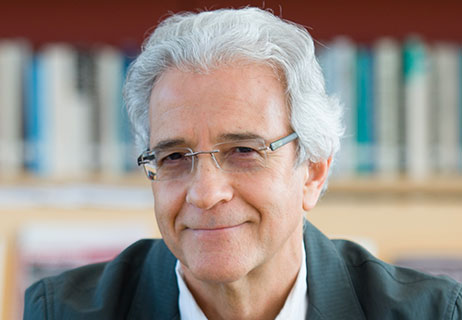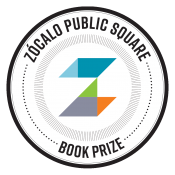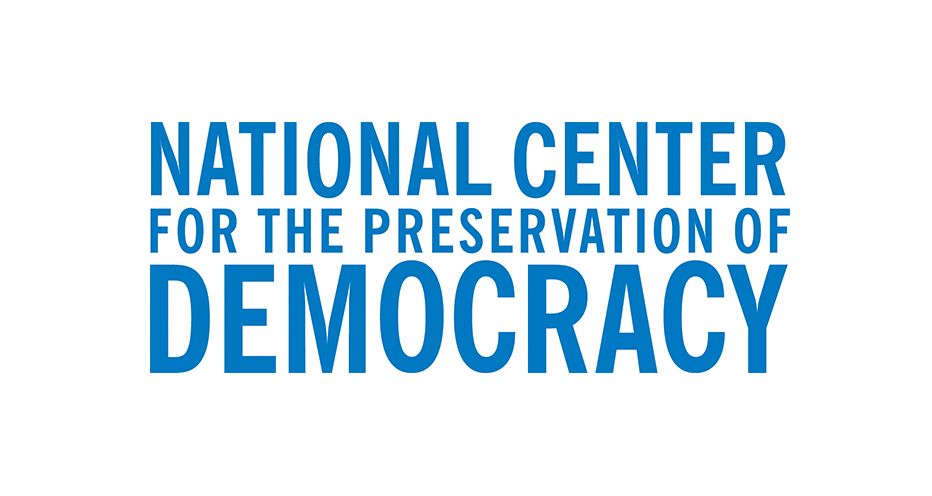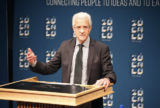
History often blames genocide solely on murderous demagogues and military campaigns. But more often than not, the forces that unleash ethnic cleansing arise slowly and during peacetime, and stem from seemingly everyday interactions in places that are home to diverse peoples. What sorts of exchanges and social conditions unleash genocidal behavior? How do people who long lived together as neighbors come to turn on—and kill—each other? And can we teach ourselves to spot the early steps towards genocide so that we might prevent it in other countries or even our own? Brown University Distinguished Professor of European History Omer Bartov, winner of the ninth annual Zócalo Book Prize for Anatomy of a Genocide: The Life and Death of a Town Called Buczacz, visits Zócalo to share lessons from his mother’s hometown about how easily communities can slide into mass killing.
Erica Goss, winner of the eighth annual Zócalo Poetry Prize, will deliver a public reading of her winning poem prior to the lecture.
111 N. Central Ave.
Los Angeles, CA 90012
The Takeaway
The Holocaust in This Small Polish Town Had ‘No Bystanders,’ Says Omer Bartov
The Zócalo Book Prize Winner Explains How a Community Came to Commit an Intimate Genocide
How can human connectedness be ripped apart? This is the question at the center of Omer Bartov’s book, Anatomy of a Genocide: The Life and Death of a Town Called …







